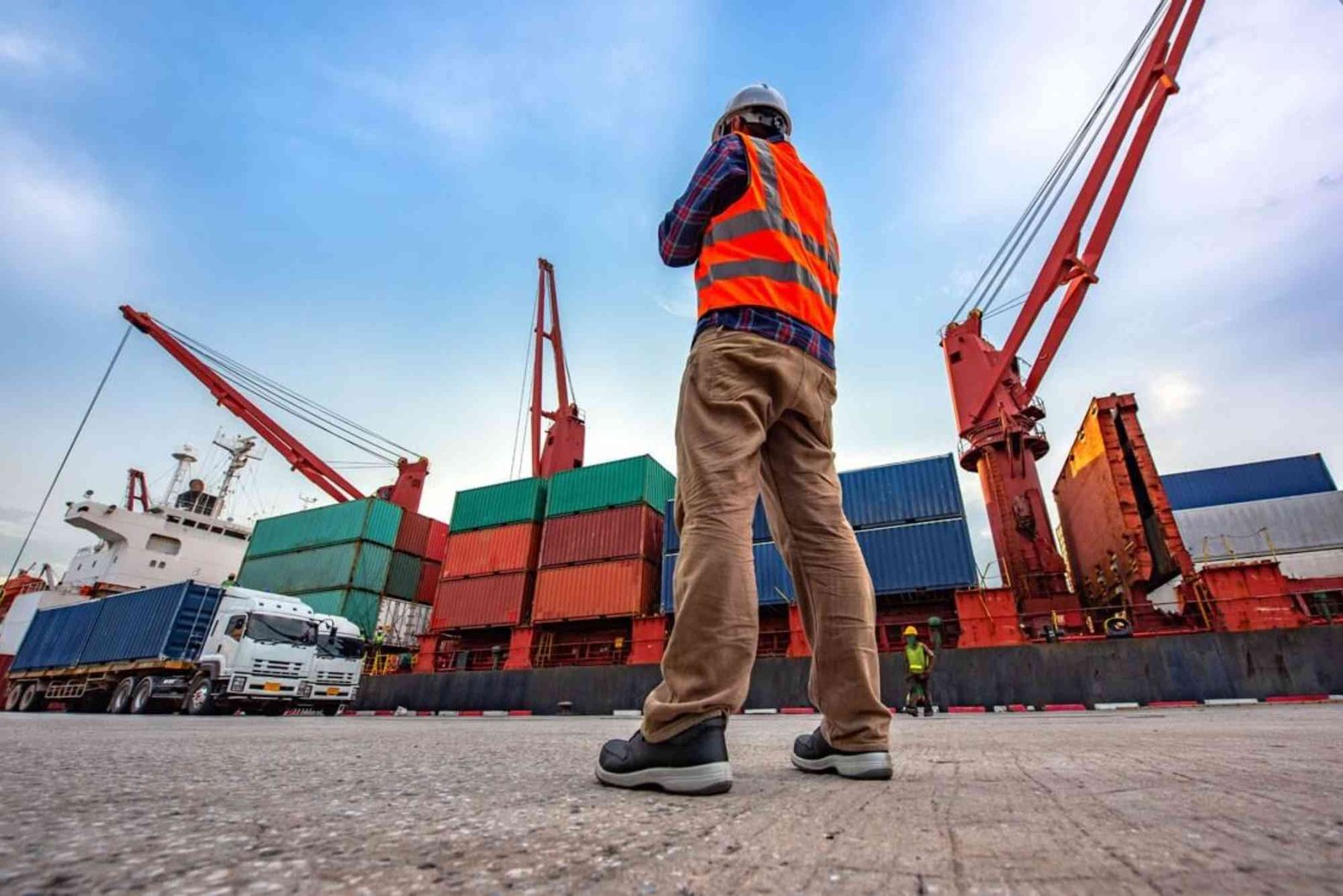Introduction
Dubai, a global trade hub, offers immense opportunities for businesses involved in import and export. Its strategic location between Europe, Asia, and Africa, coupled with its advanced logistics infrastructure, makes it an attractive destination for traders worldwide. In this article, we will explore the key aspects of starting and succeeding in the import-export business in Dubai.
Why Choose Dubai for Import Export Business?
Dubai has several advantages that make it an ideal place for trade:
- Strategic Location: Dubai connects major global markets and serves as a gateway between East and West.
- World-class Infrastructure: Dubai’s ports and airports are ranked among the best in the world, facilitating easy movement of goods.
- Business-Friendly Environment: The Emirate offers tax benefits, free zones, and simplified customs procedures to promote trade.
- Growing Economy: With a diversified economy, Dubai provides a stable platform for international business ventures.
Steps to Start an Import Export Business in Dubai
Starting an import-export business in Dubai involves a few essential steps:
Choose a Business Structure
Before starting, decide whether you want to operate as a sole trader, a limited liability company (LLC), or in one of Dubai’s Free Zones. Import Export Business In Dubai Free Zones offer 100% foreign ownership and tax exemptions, which are advantageous for traders.
Obtain the Required Licenses
You will need an import-export license to legally trade in Dubai. The type of license you need depends on the type of goods you’re dealing with:
- Commercial License: For companies engaged in trading goods.
- General Trading License: For businesses dealing in multiple goods.
Register with Dubai Customs
All businesses involved in the trade of goods must be registered with Dubai Customs. This allows you to clear goods through ports and airports. You may also need to register with the Dubai Chamber of Commerce.
Open a Business Bank Account
Opening a business bank account in Dubai is essential for trading. You’ll need it for transactions and managing business finances.
Top Trading Products in Dubai
Electronics and Technology
Dubai is a major hub for electronics, including mobile phones, laptops, and other tech devices. It is a popular re-export market, sending goods to Africa, the Middle East, and Europe.
Automobiles and Spare Parts
Automotive trading, especially the re-export of vehicles and spare parts, is a lucrative sector in Dubai. High demand for luxury cars and spare parts makes this a profitable venture.
Precious Metals and Stones
Dubai’s reputation as the “City of Gold” means the trading of gold, diamonds, and other precious metals is a thriving industry. Dubai is also known for its diamond trade.
Textiles and Fabrics
Textiles are another key sector for import-export businesses in Dubai. The city serves as a regional hub for the clothing industry, importing fabrics and exporting finished garments.
Understanding Free Zones and Mainland Trade
In Dubai, businesses can operate from either the mainland or one of the many free zones.
Free Zones
- Benefits: 100% foreign ownership, tax exemptions, no import/export duties.
- Examples: Jebel Ali Free Zone (JAFZA), Dubai Multi Commodities Centre (DMCC).
Mainland Trade
- Benefits: The ability to trade directly within the UAE market.
- Ownership: Requires a local sponsor who holds 51% of the company shares, though recent laws have introduced flexibility in some sectors.
Shipping and Logistics in Dubai
Dubai is home to two of the busiest ports in the world – Jebel Ali Port and Port Rashid. These ports offer state-of-the-art facilities for shipping and storage. Additionally, Dubai International Airport and Al Maktoum International Airport provide top-tier air freight services. Logistics companies in Dubai offer end-to-end solutions, making it easy to import and export goods efficiently.
Regulations and Compliance
Dubai’s trade sector is heavily regulated to ensure the quality and safety of imported and exported goods. Key regulatory bodies include:
- Dubai Customs: Ensures proper import/export procedures.
- Ministry of Economy: Regulates economic activities and foreign trade.
- Dubai Municipality: Oversees public health and safety, particularly for food and consumer products.
It’s crucial to comply with all laws and regulations to avoid fines and delays.
Challenges and Risks
While Dubai offers a fantastic environment for business, there are challenges to consider:
- Competition: The market is highly competitive, with many businesses targeting similar sectors.
- Cultural Understanding: Understanding local culture and business etiquette is vital to building strong partnerships.
- Regulatory Changes: Keeping up-to-date with regulatory changes is important for long-term success.
Growth Opportunities in 2024 and Beyond
The future of the import-export business in Dubai looks promising, with sectors like technology, renewable energy, and food products expected to grow. Dubai’s strategic plan aims to increase its role as a global trade hub, providing excellent opportunities for businesses looking to expand their operations.
Dubai’s import-export business is booming due to its advantageous location, world-class infrastructure, and favorable business environment. By understanding the regulations, choosing the right business structure, and identifying profitable sectors, entrepreneurs can successfully establish and grow their trade business in this global hub.
FAQs
1. How can I start an import-export business in Dubai?
To start, register your business, obtain a trade license, choose a free zone or mainland setup, and comply with UAE customs regulations.
2. What are the benefits of setting up an import-export business in Dubai?
Dubai offers a strategic location, tax benefits, world-class infrastructure, and access to global markets, making it ideal for import-export businesses.
3. What types of goods can I import and export in Dubai?
You can trade a variety of products, including electronics, textiles, food, machinery, and luxury items, subject to UAE import-export regulations.
4. What licenses are required for import-export in Dubai?
You need a trade license from the Dubai Department of Economic Development (DED) or a free zone authority, depending on your business setup.
5. How does Dubai’s tax system impact import-export businesses?
Dubai offers a business-friendly tax system with no personal or corporate income tax. However, VAT (5%) may apply to some goods and services.




